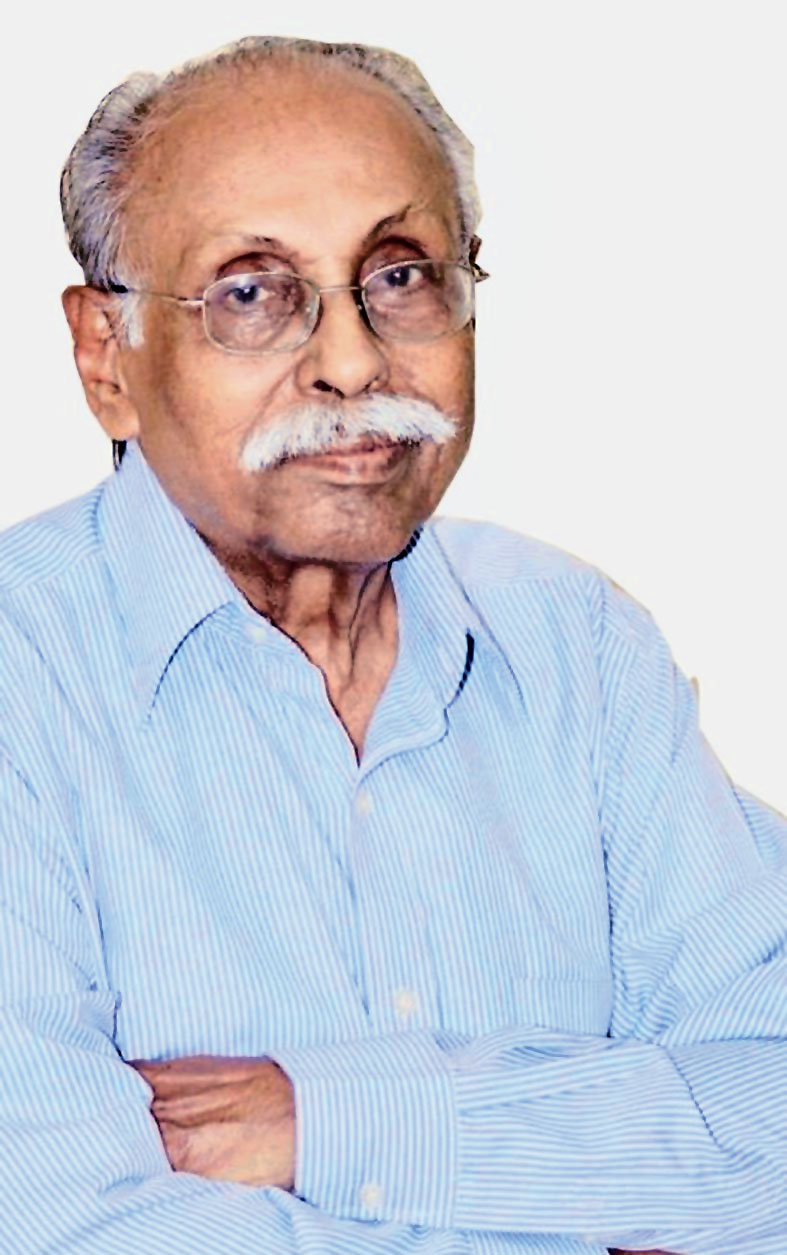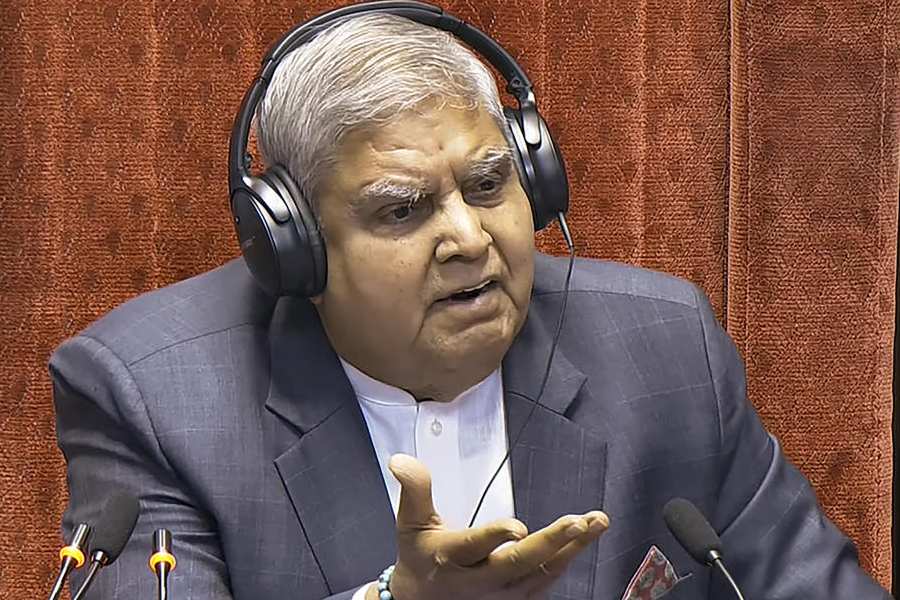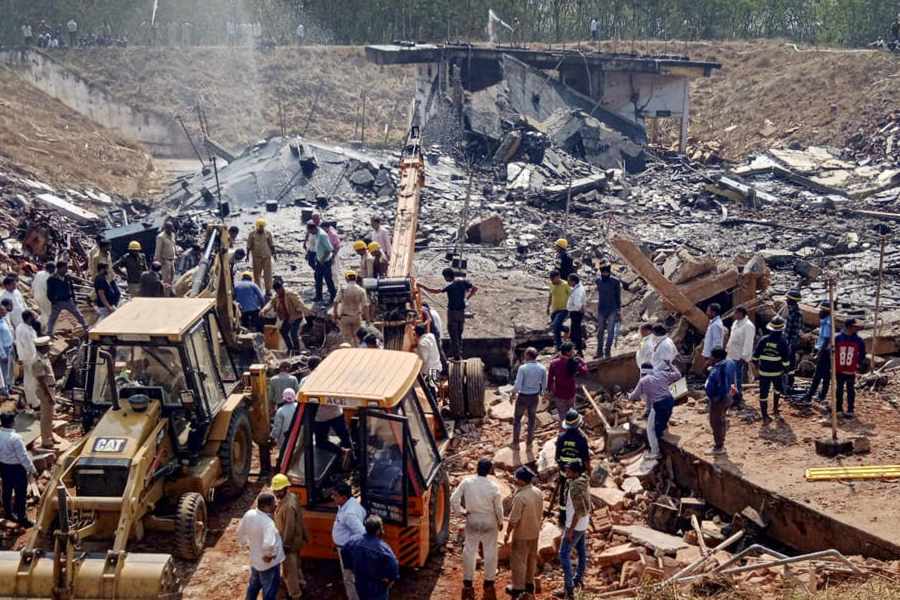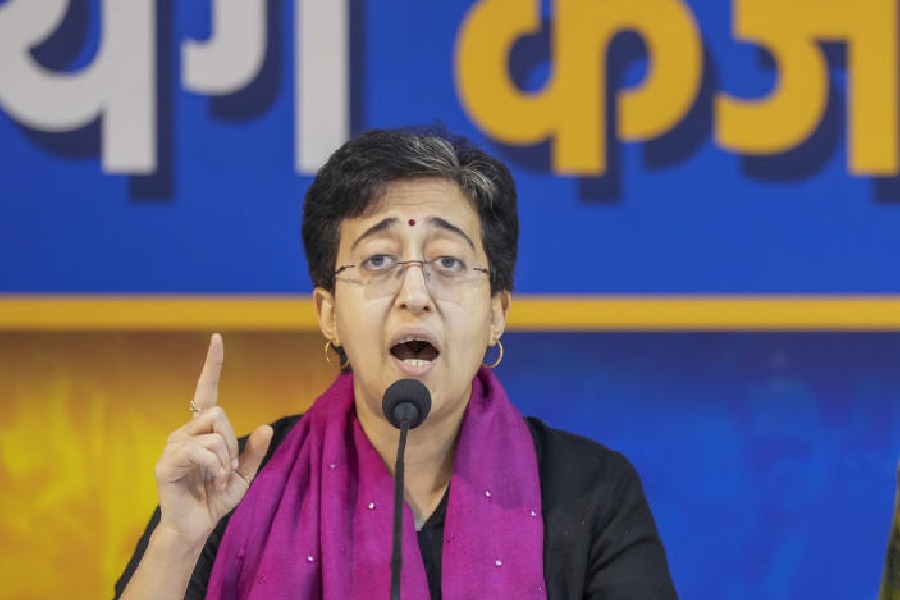When former IAS officer P.S. Krishnan, who died aged 87 at a Delhi hospital on November 10, was a district collector in Andhra Pradesh, a senior made this comment in his confidential report:
“He possesses an undue partiality to the depressed classes and strident advocacy of inter-caste marriages. Moreover, he uses his knowledge of Sanskrit to debunk the religion. He trusts the words of the villagers rather than the village officers. He is also acting in a manner that helps subversive elements.”
Krishnan, an upper caste man from Thiruvananthapuram who single-mindedly promoted the cause of the socially deprived, would never change his ways as he rose up the ranks, moving to Delhi to hold Union government posts that included the job of social justice secretary.
His campaign to promote the rights, dignity and welfare of Dalit, tribal and other backward communities, through executive and legislative effort, attracted hostility and persecution from powerful people but he faced the challenge cheerfully.
Although born an upper caste, Krishnan always described the caste hierarchy as “the civilisational fault-line of India”.
When Giani Zail Singh, a backward caste politician, became home minister in 1980, he was intrigued to see the seriousness with which Krishnan pursued his duties as joint secretary in charge of Dalit and backward caste development and welfare.
So he began asking other officers what Krishnan’s caste was, and was told each time that the bureaucrat always insisted that he had no caste.
Eventually, Zail found out that Krishnan belonged to a high caste and confronted the man, asking him why he needed to conceal his origins, the implication being that only the “low-born” made a secret of their caste.
“I told him that mine was not an act of concealment of caste but a denial of caste, and that my opposition to caste was not directed against any particular caste but was against the entire caste system,” Krishnan told this correspondent in September.
The man always claimed his philosophy was a blend of ideologies — of Babasaheb Ambedkar, Mahatma Gandhi, Narayana Guru, Swami Vivekananda, Periyar and Karl Marx.
It was a young Krishnan who, during his Andhra Pradesh stint, pioneered the practice of officially camping in Dalit, tribal and backward-class hamlets in 1957.
“Truth and facts are out in the field… files and papers do not bring out the whole truth and sometimes distort them,” he told this correspondent, describing how meeting people individually in the villages helped him get a clearer picture of their condition.
Infuriating the upper castes and landlords, he started massive drives for the distribution of farmland and homestead land among the landless and homeless.
Years later, as a senior bureaucrat in Delhi, Krishnan played a key role in two watershed government decisions, at least one of which transformed the Indian social and political landscape.
This was the implementation of the Mandal Commission report in August 1990 after successive “ministers, secretaries, state chief ministers” had raised “various ill-informed objections and queries” to stymie it for a decade and “left (it) for dead”, as Krishnan writes in his A Crusade For Social Justice.
Krishnan “refuted the ten-year-long objections and queries” by citing “social and historical facts and realities and constitutional mandates” and drafted for Prime Minister V.P. Singh “the emotional, moving and dignified speech” he delivered in Parliament announcing the decision to enforce the recommendations.
The civil servant sat in the officers’ gallery, providing VP with “all the inputs to effectively counter the points raised by the Opposition during the debate”.
The move to reserve 27 per cent government jobs for the Other Backward Classes led to the rise of various caste-based parties in the heartland, immediately ending the era of one-party rule in India for decades to come.
Another feather in Krishnan’s cap was the enactment of the Scheduled Castes and Scheduled Tribes (Prevention of Atrocities) Act, 1989, for which he claims to have been the “prime mover” as special commissioner for the Scheduled Castes.
Its resonance is still felt in a country that continues to witness barbarities against Dalits, and which last year saw a nation-wide churning over the apex court’s dilution of some of the law’s provisions, before Parliament undid the changes.











